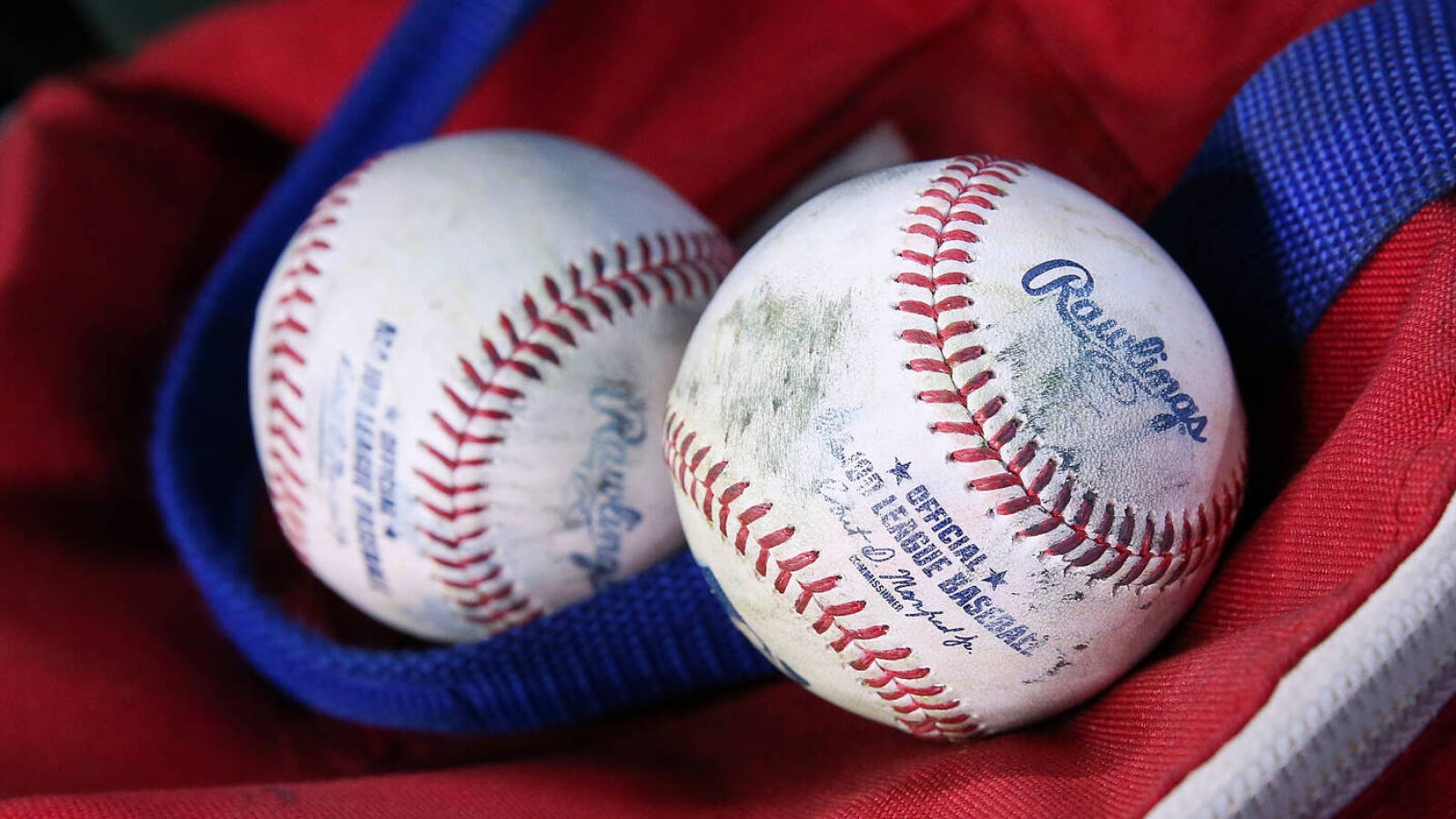More MLB teams facing broadcasting uncertainty
Warner Bros. Discovery, the owner of AT&T SportsNet and a minority shareholder of Root Sports, has informed teams it’ll cease participating in the regional sports network business, according to reports from John Ourand of Sports Business Journal and Joe Flint of the Wall Street Journal. WBD has local broadcasting agreements with a handful of teams in MLB, the NBA and the NHL.
The MLB teams affected are the Rockies, Astros and Pirates. The Mariners also have a relationship with Warner Bros. Discovery; Ourand writes the Mariners own 60% of their Root Sports Seattle venture, with WBD owning the other 40%. However, Flint reports the Seattle regional sports network is not part of WBD’s ongoing proceedings.
Ourand writes that the channel has informed teams they’ll have until March 31 to reach an agreement to reclaim their broadcasting rights from the RSN’s; if no deal is agreed upon, the networks are expected to liquidate via Chapter 7 bankruptcy. Flint quotes from WBD’s letter, which told clubs “the business will not have sufficient cash to pay the upcoming rights fees” and proposed for teams to retake ownership of broadcasting rights for no purchase price beyond a relinquishing of civil claims against the networks.
Colorado, Houston and Pittsburgh join the list of nearly half the teams facing some uncertainty about the potential bankruptcy of the Diamond Sports Group that operates the Bally networks. Diamond, which is responsible for broadcasts of 14 clubs, missed an interest payment to creditors last week and is evaluating whether it’ll be able to abide by its own broadcasting deals.
The difficulties facing both conglomerates come in response to declining rates of cable ownership. Cord-cutting has increased significantly over the past few years and is expected to continue given the rise of streaming alternatives. Warner Bros. Discovery provided a generic statement to Ourand alluding to financial problems: “AT&T SportsNet is not immune to the well-known challenges that the entire RSN industry is facing. We will continue to engage in private conversations with our partners as we seek to identify reasonable and constructive solutions.”
The franchises’ next steps are unclear. Commissioner Rob Manfred told reporters last week the league would be in position to take over in-market broadcasts, if necessary, from the Diamond-operated networks. That’s presumably also true of the three clubs affected by WBD’s decision. There’s no indication fans in those markets should be concerned about forthcoming blackouts because of the RSN collapse. Ourand reports that WBD informed clubs it’d allow them to use the same production staff/equipment of the current agreement if those teams agree to reclaim their broadcast rights.
Nevertheless, events of the past few weeks have highlighted questions about the long-term viability of the regional sports network setup. WBD’s withdrawal from RSN’s affects only one-tenth of MLB teams, but the ongoing Diamond uncertainty could put many more in a difficult position over the coming weeks.
For all the latest Sports News Click Here

